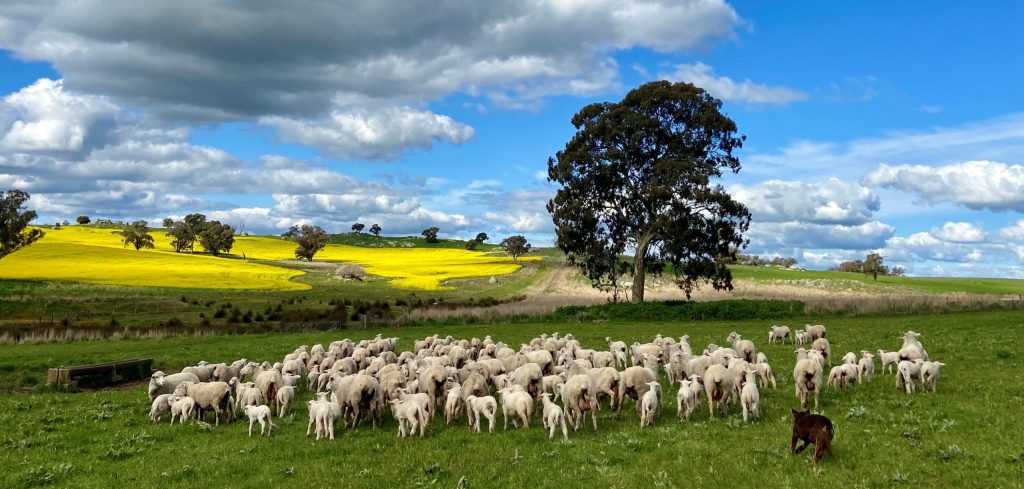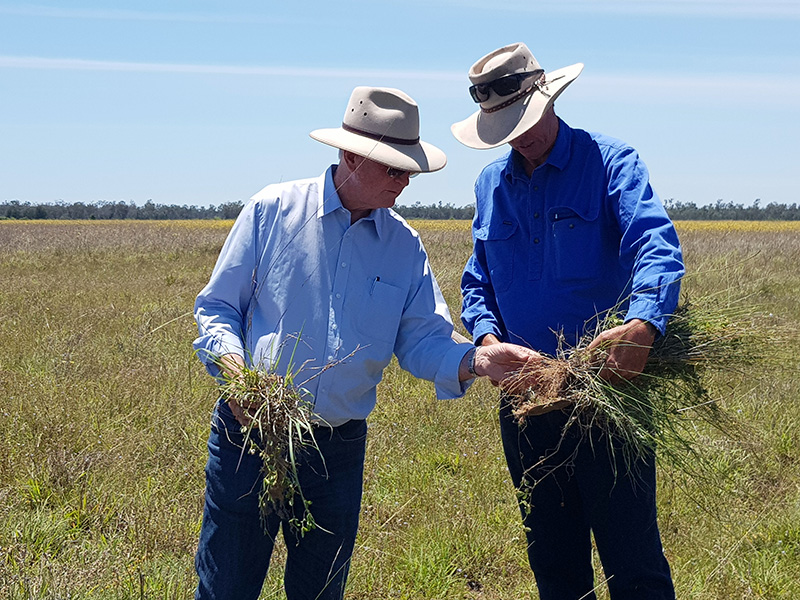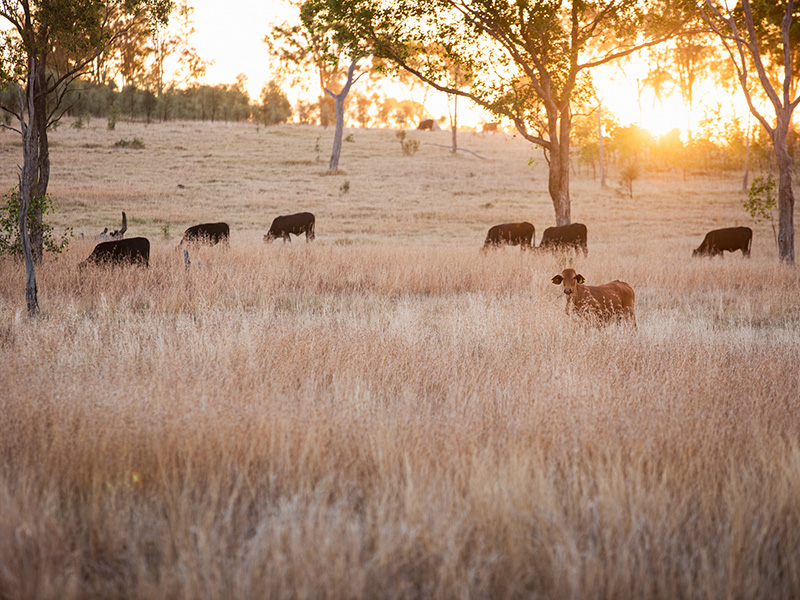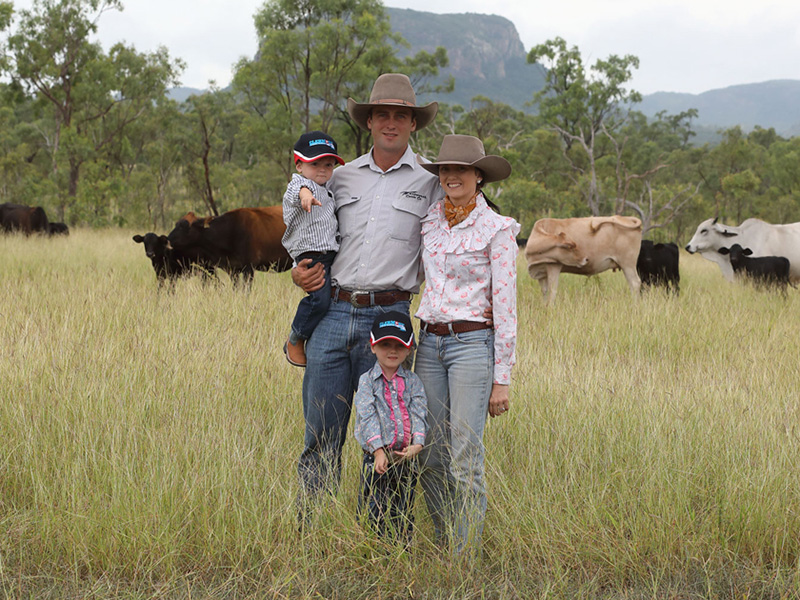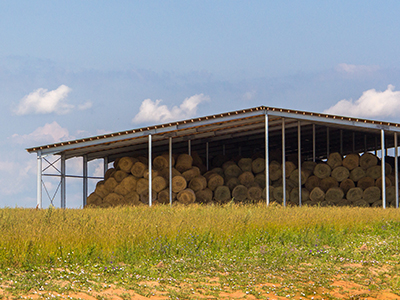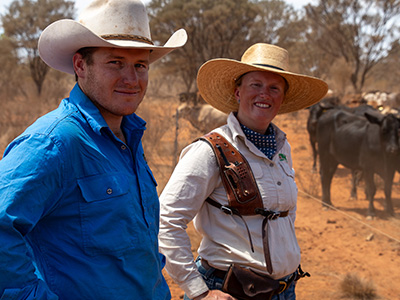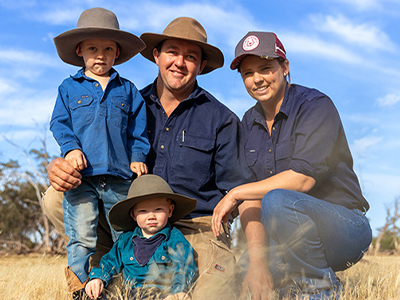
Once you have ownership as to why planning is important, the next ingredient is to work out where and how you will do your planning. When you write something down you change your relationship with the content. I cannot emphasise enough the power of getting your thoughts and plans out of your head onto paper or the computer.



